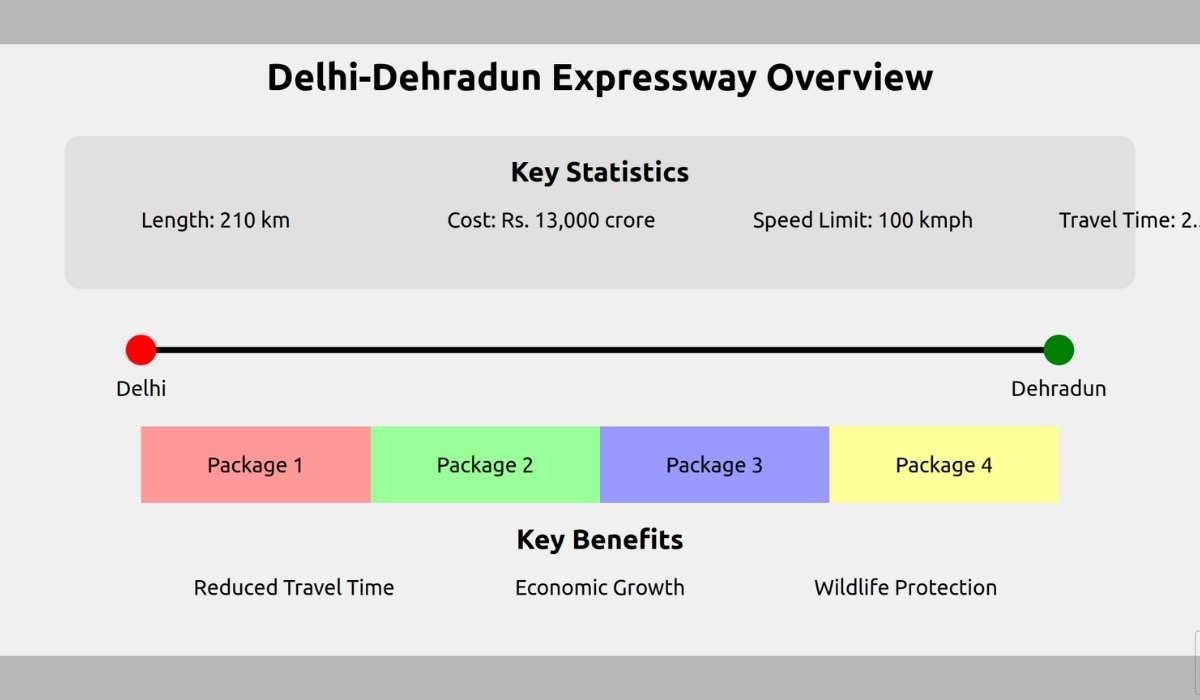Purchasing a home is a significant financial commitment, and securing the right financing is crucial. In India, prospective homebuyers have access to a range of financing options, from traditional home loans to government-backed schemes and tax benefits. However, navigating these options can be overwhelming, especially for first-time buyers. In this comprehensive guide, we’ll explore the various home financing options available in India, empowering you to make an informed decision that aligns with your financial goals.
Exploring Home Loan Options
The primary source of home financing in India is through home loans offered by banks and housing finance companies (HFCs). These loans come in different variants, each with its own set of features and eligibility criteria.
Fixed-Rate vs. Floating-Rate Home Loans
One of the primary considerations when exploring home loan options is the interest rate type. Fixed-rate loans offer a consistent interest rate throughout the loan tenure, providing stability and predictability in your monthly payments. On the other hand, floating-rate loans have interest rates that fluctuate based on market conditions, potentially resulting in lower initial payments but carrying the risk of rate increases over time.
Loan Tenure and Down Payment Requirements
Another important factor to consider is the loan tenure, which typically ranges from 10 to 30 years. Longer tenures can result in lower monthly payments but higher overall interest costs. Lenders also have specific down payment requirements, generally ranging from 10% to 20% of the property’s value.
Eligibility Criteria and Documentation
To secure a home loan, borrowers must meet the lender’s eligibility criteria, which often includes factors such as age, income, credit score, employment stability, and existing debt obligations. Be prepared to provide documentation such as income proof, identity documents, and property details during the application process.
Exploring Government-backed Housing Schemes
The Indian government has introduced several housing schemes to make home ownership more accessible, particularly for economically weaker sections and low-income groups. These schemes offer a range of benefits, including subsidized interest rates, lower down payment requirements, and additional tax exemptions.
Unlock Your Dream Home Today!
Get personalized real estate insights delivered straight to your inbox.
Pradhan Mantri Awas Yojana (PMAY)
The Pradhan Mantri Awas Yojana (PMAY) is a flagship housing scheme aimed at providing affordable housing to urban and rural populations. Under this scheme, eligible beneficiaries can receive interest subsidies, making home financing more affordable.
Credit Linked Subsidy Scheme (CLSS)
The Credit Linked Subsidy Scheme (CLSS) is another initiative that provides upfront subsidies on home loans for various income groups, including the Economically Weaker Section (EWS), Low-Income Group (LIG), and Middle-Income Group (MIG).
Tax Benefits for Home Buyers
Home buyers in India can take advantage of several tax benefits, which can significantly reduce the overall cost of home ownership. These include:
Deduction on Home Loan Interest Payments
Under Section 24 of the Income Tax Act, homebuyers can claim a deduction on the interest paid on their home loan. This deduction is subject to certain limits and conditions.
Tax Exemption on Principal Repayment
Section 80C of the Income Tax Act allows homebuyers to claim a deduction on the principal amount repaid towards their home loan, subject to an annual limit.
Tax Benefits on Registration Charges and Stamp Duty
Homebuyers can also claim deductions on registration charges and stamp duty paid during the property purchase process.
Conclusion
Exploring home financing options in India involves navigating a range of factors, from loan types and interest rates to government schemes and tax benefits. By understanding these options and seeking guidance from financial experts, you can secure a home loan that aligns with your financial goals and helps make your dream of home ownership a reality. Remember, thorough research and careful consideration of your personal circumstances are key to making an informed decision.
Are you ready to embark on your home buying journey in India? Our team of home financing experts is here to guide you through the process. Contact us today to schedule a consultation and explore the best home loan options tailored to your needs.
In India, the main types of home loans are fixed-rate loans, which offer a consistent interest rate throughout the loan tenure, and floating-rate loans, which have interest rates that fluctuate based on market conditions.
The typical loan tenure for home loans in India ranges from 10 to 30 years. Longer tenures usually result in lower monthly payments but higher overall interest costs.
Lenders generally require a down payment ranging from 10% to 20% of the property's value when securing a home loan.
To secure a home loan, borrowers must meet the lender's eligibility criteria, which often includes factors like age, income, credit score, employment stability, and existing debt obligations.
The Pradhan Mantri Awas Yojana (PMAY) is a government housing scheme aimed at providing affordable housing to urban and rural populations, offering interest subsidies to eligible beneficiaries.
The Credit Linked Subsidy Scheme (CLSS) provides upfront subsidies on home loans for various income groups, including the Economically Weaker Section (EWS), Low-Income Group (LIG), and Middle-Income Group (MIG).
Home buyers in India can claim tax benefits such as deductions on home loan interest payments under Section 24, principal repayment under Section 80C, and deductions on registration charges and stamp duty.
You can reduce the overall cost of home ownership by claiming deductions on home loan interest, principal repayment, and registration charges and stamp duty through the applicable sections of the Income Tax Act.
First-time homebuyers should consider factors such as loan types, interest rates, down payment requirements, eligibility criteria, and the availability of government schemes and tax benefits.
You can seek expert guidance by contacting home financing experts who can help you navigate the various options available and tailor solutions to your financial needs.
The primary sources of home financing in India are home loans offered by banks and housing finance companies (HFCs).
Fixed-rate loans offer a consistent interest rate throughout the loan tenure, providing stability, while floating-rate loans have fluctuating interest rates based on market conditions, which can lead to lower initial payments but carry the risk of increases over time.
The loan tenure for home loans in India typically ranges from 10 to 30 years.
Down payment requirements generally range from 10% to 20% of the property's value.
Borrowers must meet criteria such as age, income, credit score, employment stability, and existing debt obligations, and provide documentation like income proof and identity documents.
The Pradhan Mantri Awas Yojana (PMAY) is a government housing scheme aimed at providing affordable housing to urban and rural populations, offering interest subsidies to eligible beneficiaries.
The Credit Linked Subsidy Scheme (CLSS) provides upfront subsidies on home loans for various income groups, including Economically Weaker Section (EWS), Low-Income Group (LIG), and Middle-Income Group (MIG).
Home buyers can benefit from deductions on home loan interest payments, principal repayment, and deductions on registration charges and stamp duty.
Under Section 24 of the Income Tax Act, homebuyers can claim a deduction on the interest paid on their home loan, subject to certain limits and conditions.
Researching home financing options is crucial to understanding loan types, interest rates, government schemes, and tax benefits, helping you make informed decisions that align with your financial goals.
The primary sources of home financing in India are home loans offered by banks and housing finance companies (HFCs).
Fixed-rate home loans have a consistent interest rate throughout the loan tenure, while floating-rate loans have interest rates that fluctuate based on market conditions.
Loan tenure typically ranges from 10 to 30 years, affecting monthly payments and overall interest costs. Down payment requirements usually range from 10% to 20% of the property's value.
Borrowers must meet criteria such as age, income, credit score, employment stability, and existing debt obligations, along with providing necessary documentation.
PMAY is a flagship housing scheme aimed at providing affordable housing to urban and rural populations, offering interest subsidies to eligible beneficiaries.
CLSS offers upfront subsidies on home loans for various income groups, including Economically Weaker Section (EWS), Low-Income Group (LIG), and Middle-Income Group (MIG).
Home buyers can claim deductions on home loan interest payments, principal repayment, and registration charges and stamp duty under various sections of the Income Tax Act.
Under Section 24 of the Income Tax Act, homebuyers can claim a deduction on the interest paid on their home loan, subject to certain limits and conditions.
Yes, under Section 80C of the Income Tax Act, homebuyers can claim a deduction on the principal amount repaid towards their home loan, subject to an annual limit.
Thorough research and careful consideration of personal circumstances are key to making informed decisions about which home financing options align with financial goals.
DISCLAIMER
The information provided on this website is for general informational purposes only. While we strive to keep the content up-to-date and accurate, we make no representations or warranties of any kind, express or implied, about the completeness, accuracy, reliability, suitability, or availability of the information, products, services, or related graphics contained on this website.
In no event will we be liable for any loss or damage including without limitation, indirect or consequential loss or damage, or any loss or damage whatsoever arising from loss of data or profits arising out of, or in connection with, the use of this website.
Real Estate Investment Risks
Real estate investments involve significant risks and market volatility. Property values, rental rates, and market conditions can fluctuate. Past performance is not indicative of future results.
Before Making Real Estate Decisions
Before making any real estate decision, we strongly advise you to:
- Conduct thorough due diligence
- Consult with qualified legal, financial, and real estate professionals
- Carefully review all relevant documents and contracts
- Consider your personal financial situation and investment goals
This website does not provide legal, financial, or investment advice. All content is for informational purposes only and should not be construed as professional advice or recommendations.
By using this website, you acknowledge and agree to these terms. We reserve the right to modify this disclaimer at any time without notice.







